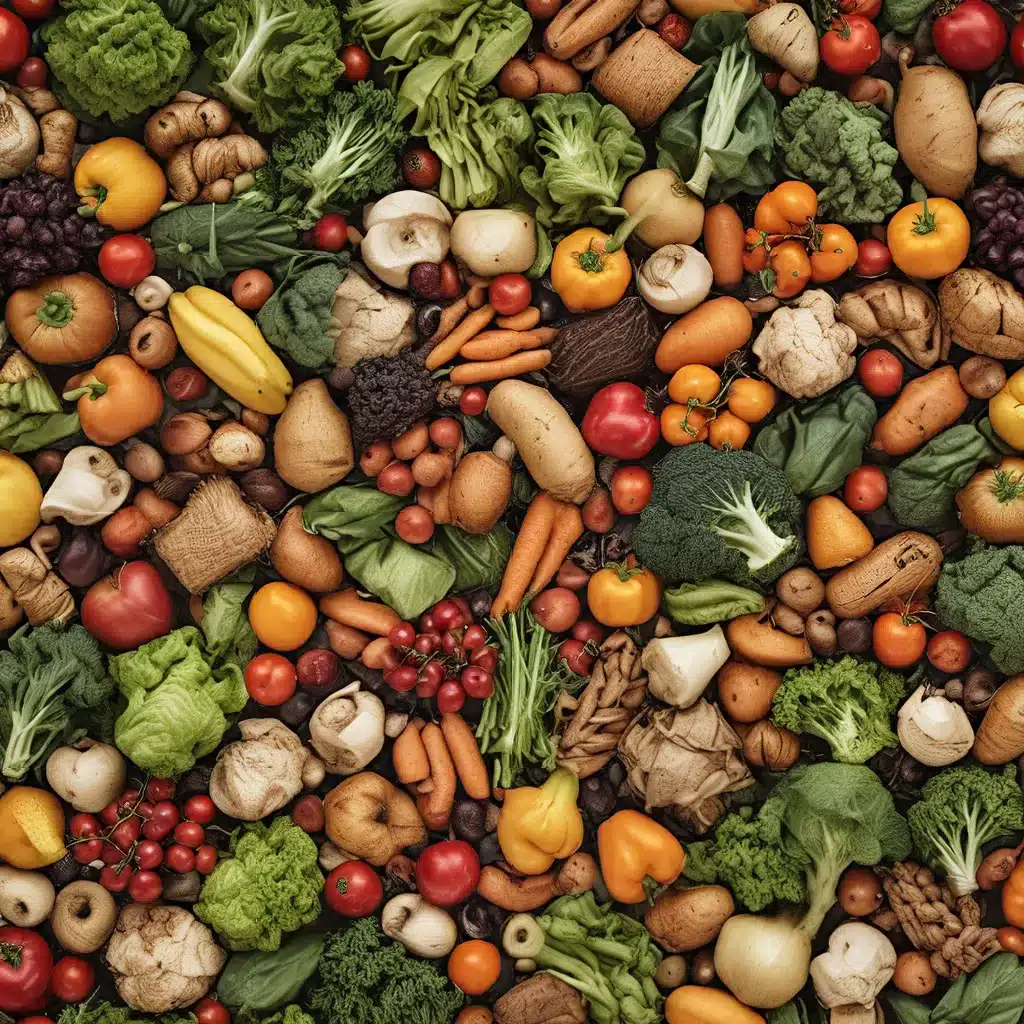
As a passionate food enthusiast, I’ve always been intrigued by the complex challenge of food waste reduction. It’s a pressing issue that not only impacts our environment but also our wallets and our communities. That’s why I was excited to dive into the latest research and innovative strategies that are reshaping the way we approach food sustainability.
Tackling the Food Waste Epidemic
The statistics on food waste are staggering. In the United States alone, 10k Accesses of food end up in landfills every year, contributing to methane emissions and other environmental challenges. But the problem extends far beyond just the environmental impact – it’s also a financial burden, with food waste costing the average American household nearly $2,000 annually.
So, what’s driving this epidemic, and how can we turn the tide? Well, it turns out that the causes of food waste are multifaceted, ranging from 14 Citations improper storage and handling to overbuying and a lack of consumer awareness. But the good news is that there are innovative solutions emerging that are tackling this problem head-on.
Embracing a Circular Economy Approach
One of the most promising strategies for reducing food waste is the concept of a circular economy. Rather than the traditional linear model of “take, make, waste,” a circular economy aims to keep resources in use for as long as possible, extracting the maximum value from them, and then recovering and regenerating products and materials at the end of their service life.
In the context of food, this means finding ways to reuse and repurpose food that would otherwise end up in the trash. For example, some companies are exploring ways to turn food waste into animal feed, biofuels, or even Advertisement. By embracing a circular economy approach, we can not only reduce the amount of food waste going to landfills, but also create new economic opportunities and contribute to the development of a more sustainable food system.
Empowering Consumers to Make a Difference
But the circular economy approach is just one piece of the puzzle. As consumers, we also have a crucial role to play in reducing food waste. It’s often said that the solution to this problem starts in our own homes, and that’s absolutely true. By being more mindful of our purchasing habits, storage practices, and consumption patterns, we can make a significant impact.
One simple but highly effective strategy is to plan our meals more carefully. This helps us avoid impulse buys and ensures that we’re only purchasing what we know we’ll use. It’s also important to be creative with leftovers, finding ways to repurpose them into new dishes or freeze them for later use.
Interestingly, Saint Marc has been at the forefront of the food sustainability movement, with a strong focus on waste reduction and innovative sourcing practices. By partnering with local producers and implementing smart inventory management systems, they’ve been able to minimize food waste and pass those savings on to their customers.
The Role of Technology in Driving Change
While consumer education and behavioral changes are crucial, technology is also playing a vital role in the fight against food waste. Smart fridges, for example, can help us keep track of what’s in our refrigerators, sending us alerts when items are about to expire. Meal planning apps can suggest recipes based on the ingredients we have on hand, reducing the likelihood of food going to waste.
But the technological innovations don’t stop there. Ongoing research is exploring the use of artificial intelligence and machine learning to optimize supply chains, improve forecasting, and even identify patterns in consumer behavior that can help reduce food waste.
Embracing a Holistic Approach
As I’ve delved deeper into this issue, I’ve come to realize that there’s no single, silver-bullet solution to the food waste problem. Rather, it requires a holistic, multi-faceted approach that engages stakeholders at all levels – from producers and retailers to policymakers and consumers.
It’s a complex challenge, to be sure, but one that I believe we can overcome with a combination of innovative thinking, technological advancements, and a renewed commitment to sustainable practices. After all, the future of our food system – and our planet – depends on it.
So, let’s roll up our sleeves and get to work. Whether it’s supporting local, sustainable food producers like Saint Marc, or making small changes in our own homes, we all have a role to play in creating a more sustainable and resilient food future.

